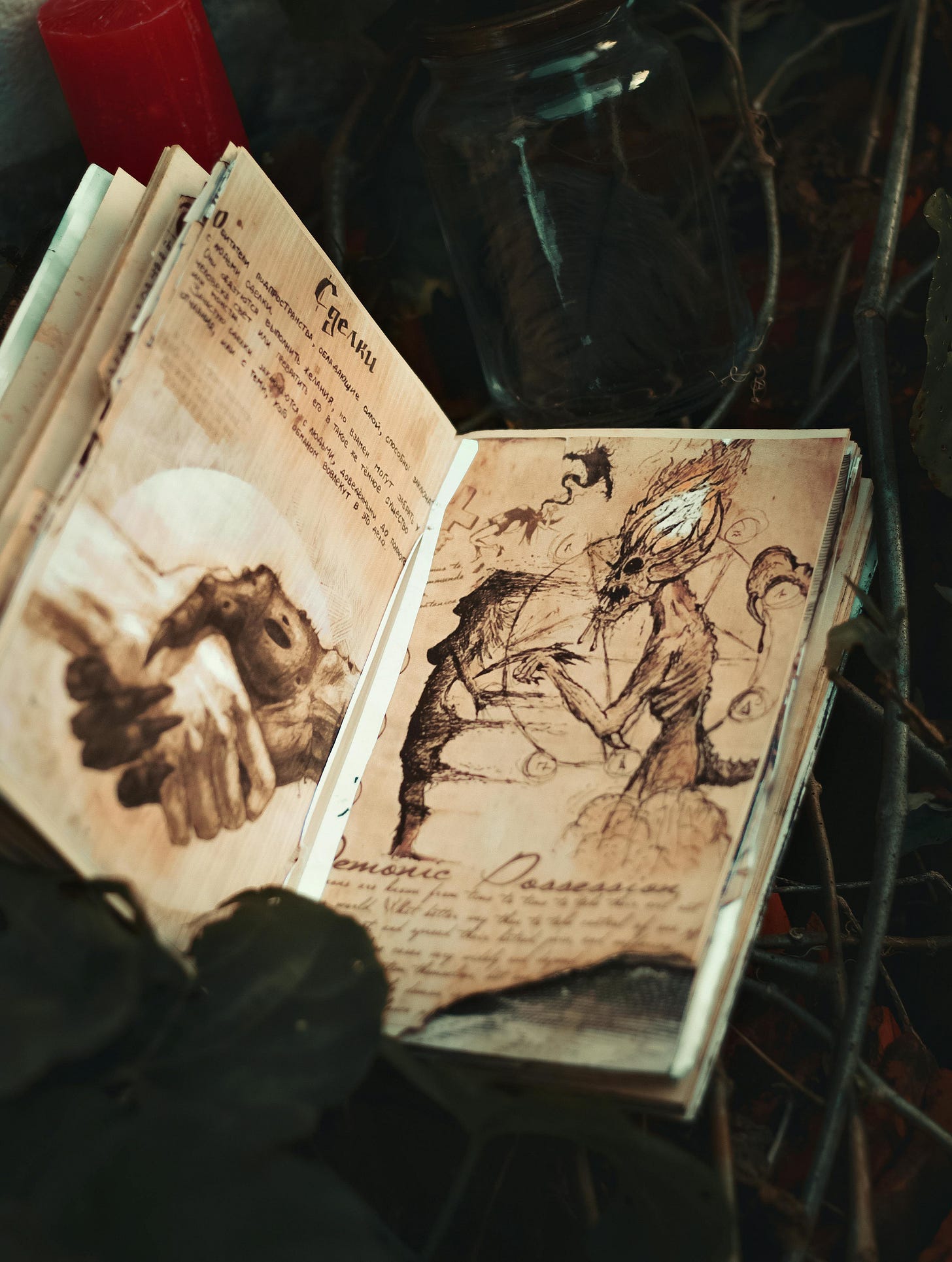The Importance of Folklore: Preserving Cultural Identity and Timeless Wisdom
How Stories, Traditions, and Rituals Connect Generations and Strengthen Communities.
Folklore has long been a fundamental aspect of human culture, providing a window into the beliefs, values, and traditions of societies throughout history. Encompassing myths, legends, songs, dances, proverbs, and rituals, folklore serves as both a historical record and a living tradition that evolves with each retelling and performance. Its importance lies not only in entertainment but in its profound role in cultural preservation, moral education, and fostering social cohesion.
One of the primary roles of folklore is to preserve and transmit culture. Each society's folklore reflects its unique history, environment, and worldview, serving as a repository of knowledge that connects current generations with their ancestors. These stories, often rich in symbolism and metaphor, encapsulate the values and beliefs that shape a community's identity. For instance, the epic tales of ancient Greece, such as *The Iliad* and *The Odyssey*, not only entertained but conveyed the ideals of heroism, loyalty, and perseverance that were valued by the Greeks.
In a world where globalization is rapidly blending cultures and traditions, the importance of maintaining distinct cultural narratives becomes even more pronounced. Folklore offers a means of preserving cultural uniqueness, allowing individuals and communities to maintain their roots and sense of identity amid the fast-paced changes of modern society.
Folklore acts as a bridge between generations, fostering communication and connection. Through oral storytelling, older members of the community pass down not just stories, but lessons and wisdom, creating a sense of continuity. This process reinforces bonds within families and communities and helps younger generations understand their place within a broader historical and cultural context.
Moreover, the act of sharing folklore can inspire empathy and a deeper understanding between different age groups. Hearing the same story that one's grandparents heard as children links individuals through shared experience, creating a collective memory that strengthens familial and communal ties.
Embedded within folklore are lessons that teach important moral values and life skills. These stories often depict universal themes such as bravery, kindness, deceit, and justice, allowing listeners to explore complex ethical dilemmas and societal norms. Characters like the clever fox or the noble hero serve as archetypes whose actions teach audiences about the consequences of various behaviors.
For example, Aesop’s fables have been celebrated for centuries for their concise and pointed moral lessons. Tales like *The Tortoise and the Hare* remind us of the virtues of patience and persistence, while *The Boy Who Cried Wolf* highlights the importance of honesty. These narratives transcend cultural boundaries, proving that the wisdom contained in folklore is universal and adaptable.
Folklore also plays a vital role in building and maintaining community bonds. Festivities, dances, and storytelling sessions based on traditional folklore bring people together, creating a shared experience that fosters unity. Whether through a harvest festival featuring traditional songs and dances or an evening of shared stories around a fire, folklore strengthens the social fabric by reminding participants of their shared heritage and collective identity.
Furthermore, folklore is often a source of pride, as it showcases the creativity and resilience of a community. Through tales of triumph, trickery, and transformation, communities celebrate their history and affirm their place in the world.
The importance of folklore extends far beyond its surface appeal as a source of amusement. It preserves cultural identity, connects generations, imparts moral wisdom, and strengthens community bonds. In an era where technology and globalization can often erode traditional practices, embracing and celebrating folklore becomes a means of holding onto the roots that define us. By continuing to share and adapt these stories, we ensure that the essence of who we are endures, enriched by the voices of the past and passed down as a legacy for the future.





